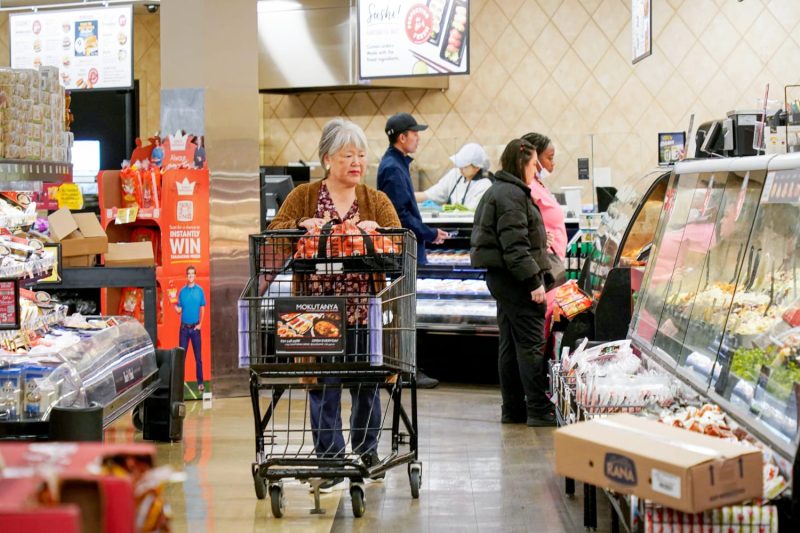The U.S. Economy Surges in the Second Quarter, Defying Expectations
The latest economic data released by the U.S. Bureau of Economic Analysis (BEA) shows that the U.S. economy grew at a faster-than-expected pace of 2.8% in the second quarter of the year. This growth easily outstripped the predictions of economists, who had forecasted a more modest increase. The news comes as a welcome surprise to many, signaling that the American economy is on a strong footing despite the challenges posed by the ongoing global health crisis.
One of the key drivers of this robust growth was a surge in consumer spending, which increased by 3.6% during the quarter. This is a positive sign for the economy, as consumer spending makes up a significant portion of overall economic activity. The increase in spending was driven by a combination of factors, including rising wages, low unemployment, and increased consumer confidence.
Another factor contributing to the strong economic performance was a rebound in business investment. After a period of uncertainty and caution due to the pandemic, businesses are now beginning to ramp up their spending on equipment, technology, and other capital expenditures. This uptick in investment is a promising sign for future economic growth, as it indicates that businesses are confident in the long-term outlook for the economy.
The housing market also played a significant role in driving economic growth in the second quarter. Low mortgage rates and strong demand for housing have led to a surge in home sales and construction activity. This has not only boosted the housing sector but has also spilled over into other parts of the economy, such as retail and manufacturing.
Despite the overall positive economic news, there are still some challenges facing the U.S. economy. Inflation has been rising in recent months, driven in part by supply chain disruptions and higher commodity prices. While some inflation is a normal part of a growing economy, excessively high inflation can erode consumers’ purchasing power and lead to economic instability. Policymakers will need to carefully monitor inflation and take appropriate action to ensure that it remains under control.
Looking ahead, the outlook for the U.S. economy remains generally positive. With strong consumer spending, rising business investment, and a robust housing market, the foundations for continued growth are in place. However, uncertainties such as the ongoing global health crisis and geopolitical tensions could pose risks to the economic recovery. It will be essential for policymakers to remain vigilant and flexible in their response to changing economic conditions to ensure that the U.S. economy continues to grow and prosper in the months and years ahead.

